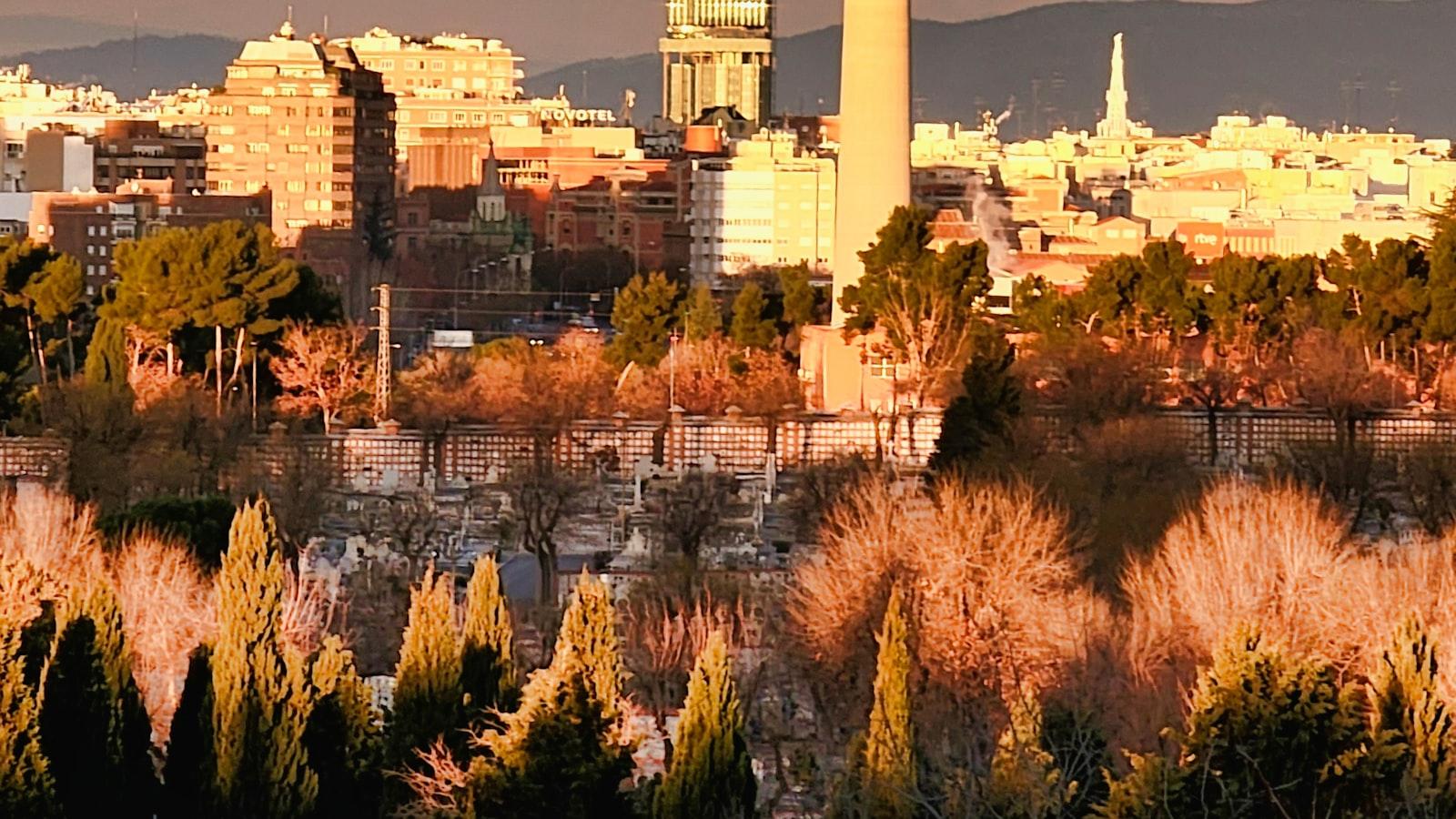Step into the world of personalized nutrition, where the richness of diversity meets the science of nourishment. From the tantalizing spices of India to the comforting pasta bowls of Italy, our cultural and ethnic backgrounds have long shaped our culinary preferences. But what if this tapestry of flavors and traditions could also hold the key to optimizing our individual well-being? In this article, we delve into the fascinating realm of ethnic and cultural influences on personalized nutrition, exploring how the foods and traditions passed down through generations can inform our dietary choices and unlock the potential for a healthier, more harmonious relationship with food. Join us on this captivating journey as we uncover the fascinating interplay between ancestry, culture, and the quest for optimal nutrition.
Connection Between Ethnicity and Nutritional Needs
When it comes to nutrition, it’s important to remember that each person’s needs are unique. One factor that can greatly influence these needs is a person’s ethnicity and cultural background. Ethnic and cultural influences play a significant role in shaping an individual’s dietary habits, preferences, and nutritional requirements.
One way in which ethnicity and culture affect nutritional needs is through the types of foods and traditional dishes that are commonly consumed. For example, individuals from Asian backgrounds may often incorporate rice, soy, and tofu into their diets, while individuals from Mediterranean backgrounds may consume more olive oil, fish, and whole grains. These dietary preferences are deeply rooted in cultural practices and can influence an individual’s nutrient intake. It’s important to consider these cultural differences when providing personalized nutrition recommendations, as a one-size-fits-all approach may not be effective for individuals from diverse ethnic backgrounds.
| Ethnicity | Common Dietary Components | Potential Nutritional Needs |
|---|---|---|
| African | Plantains, yams, legumes | Increased iron and vitamin C for better iron absorption |
| Hispanic | Beans, tortillas | Adequate calcium for bone health |
| Indian | Spices, lentils, curry | Sufficient vitamin B12 due to limited animal products intake |
It’s also important to recognize that genetics can influence how individuals from different ethnic backgrounds metabolize certain nutrients. For example, some individuals may have variations in genes that affect their ability to process lactose, leading to lactose intolerance in certain ethnic groups. These genetic factors can further contribute to the unique nutritional needs that individuals may have.

Cultural Factors Shaping Dietary Preferences
When it comes to dietary preferences, an individual’s cultural background plays a significant role in shaping their eating habits. The customs, traditions, and beliefs ingrained within a particular ethnic group heavily influence what foods are considered desirable and acceptable. These cultural factors not only dictate the types of ingredients used but also the methods of cooking, portion sizes, and even mealtime rituals. Let’s explore some fascinating examples of how different cultures impact dietary preferences:
1. Spices and Flavors: Cultural influences on food can be observed in the use of spices and flavors. For instance, in Indian cuisine, the combination of aromatic spices such as cumin, coriander, and turmeric is prevalent, reflecting the country’s rich cultural heritage. Similarly, Mexican cuisine boasts a vibrant palette of chili peppers, cilantro, and lime, representing the culinary traditions rooted in indigenous and Spanish influences.
Sample Table:
| Country | Common Spices |
|---|---|
| India | Cumin, Coriander, Turmeric |
| Mexico | Chili Peppers, Cilantro, Lime |
| Thailand | Garlic, Galangal, Lemongrass |
2. Staple Foods: Cultural factors also shape the choice of staple foods in different societies. For instance, rice is a staple food in many Asian countries due to its availability, affordability, and cultural significance. In contrast, corn holds a central place in traditional Mexican cuisine, whereas potatoes are a dietary staple in Irish and Peruvian cultures. These preferences are deeply rooted in historical, geographical, and economic factors that have shaped these societies over centuries.
Understanding these cultural factors is crucial when aiming to achieve personalized nutrition recommendations. By recognizing the influence of cultural backgrounds, dietary plans can be tailored to suit an individual’s preferences while still providing the necessary nutritional balance. Embracing the diverse cultural factors that shape dietary preferences can enhance the overall enjoyment and satisfaction derived from food, promoting healthier and more sustainable eating habits.

Addressing Ethnic and Cultural Influences in Personalized Nutrition Plans
In a world that emphasizes personalized nutrition plans, it is crucial to consider the diverse range of ethnic and cultural influences that shape an individual’s dietary needs. Understanding how these factors can impact the effectiveness of personalized nutrition is key to developing comprehensive and tailored strategies that truly cater to an individual’s unique requirements.
1. Cultural Beliefs and Cuisine:
- Each culture has its own set of beliefs and traditions surrounding food and eating habits. These customs can greatly influence an individual’s dietary preferences and restrictions.
- Traditional recipes and cooking techniques often reflect cultural values and can vary significantly in terms of ingredients, preparation methods, and portion sizes.
- By taking cultural influences into account, personalized nutrition plans can incorporate familiar foods and adapt recipes to align with an individual’s cultural identity, ensuring long-term adherence and overall satisfaction.
2. Ethnic Genetic Variations:
- Genetic variations that occur within different ethnic groups can affect an individual’s ability to metabolize certain nutrients and respond to specific dietary interventions.
- For example, lactose intolerance is more prevalent among individuals of African, Asian, and Hispanic descent, highlighting the need to consider alternative sources of calcium in personalized nutrition plans for these populations.
- Identifying and understanding these genetic variations allows for a more precise and individualized approach to nutrition, taking into account potential differences in nutrient absorption and metabolism.
| Culture | Common Staples | Dietary Restrictions |
|---|---|---|
| Japanese | Rice, fish, soybean products | None |
| Indian | Rice, lentils, spices | Many avoid beef and pork due to religious beliefs |
| Mexican | Corn, beans, chili peppers | Some may avoid gluten or dairy |
Key Takeaways
As we delve further into the intricate tapestry of nutrition, one cannot ignore the colorful threads woven by our ethnic and cultural backgrounds. From the tantalizing spices of Asia to the hearty staples of Europe, our diverse heritage has deeply influenced our relationship with food. In this exploration of personalized nutrition, we have uncovered a remarkable truth – that our unique roots not only shape our identity but also impact our nutritional needs.
Through this enlightening journey, we have witnessed the incredible interplay between genetics, environment, and culture. It is within this complex web that personalized nutrition flourishes like a delicate blossom, adapting to the needs and desires of individuals from all walks of life. Our culinary traditions, passed down through generations, inherently understand the importance of nourishing our bodies with the foods that resonate with our very essence.
In understanding the role of ethnicity and culture in personalized nutrition, we have witnessed a beacon of hope for individuals seeking to optimize their well-being. From the ancient traditions of Ayurveda to the wisdom of indigenous healing practices, we have found hallowed wisdom that guides us towards a harmonious relationship with our bodies.
By celebrating our heritage, we honor the flavors, ingredients, and rituals that form the foundation of our gastronomic identities. Embracing this individuality, we can unlock the door to nutrition tailored specifically to our needs – a path brimming with empowerment and vitality.
As we leave behind this exploration of ethnic and cultural influences on personalized nutrition, let us embark on our own personal journeys. Armed with newfound knowledge, may we traverse the aisles of markets, savor new flavors, and develop deep connections with our culinary roots. Let us thrive in the vibrant mosaic of our diversity, nurturing our bodies while basking in the richness of our cultural tapestry.
Remember, dear reader, that you are the author of your own nutritional story. Embrace the unique symphony of your heritage and let your plate become the canvas through which you paint a true masterpiece of personalized nutrition.


